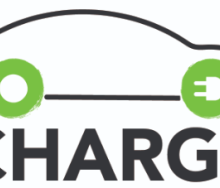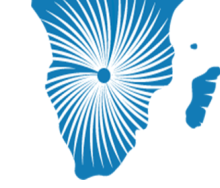South African employment increased by 784 000 jobs (5%) in the second quarter, reflecting a growing resilience on the part of businesses to cope with electricity outages, but weakened consumer spending is challenging the retail sector.
This was among the highlights of the latest PwC South Africa Economic Outlook report for 2023 released this week, which indicated that the company’s economists anticipated the next interest rate move to be cut due to the improved economic and inflationary environment as the government tackles the energy crisis.
“Operation Vulindlela is tracking a pipeline of 10 000 MW in private sector energy generation projects. The positive impact that this will have on the power supply in the country and on individual business operations makes for a more positive economic growth outlook for 2024 and beyond. We expect the economy to grow by 1.0% next year, or as high as 1.3% under an upside scenario,” the report noted.
“On the monetary policy front, we believe the repo rate has likely peaked alongside a decline in consumer price inflation. Another key metric we are monitoring is the real repo rate, that is, the inflation-adjusted return provided by domestic interest rates. The South African Reserve Bank (SARB) expects the real repo rate to increase from -1.4% in 2022 to 2.7% this year and 3.0% in 2024. This is above the SARB’s view of a steady state neutral real interest rate of 2.5%,” the report noted.
PwC South Africa chief economist Lullu Krugel said the next step in the interest rate cycle would most likely be a reduction in the repo rate as inflation abates further.
“We believe this is likely to start around the middle of next year pending — as the SARB has often said — favourable data and risk developments. We do not anticipate interest rates to come down again to the low levels seen in 2020. Instead, it is likely that two percentage points could be shaved off towards the end of 2025. That would bring the repo rate back to pre-pandemic levels and support household spending.”
Salaries and wages in South Africa increased on average by 4% in 2022 compared to an average inflation rate of 6.9%. This translates into a 2.9% decline in real (inflation-adjusted) income, meaning a 2.9% decline in household buying power.
Senior economist Christie Viljoen said companies were struggling to pay higher wages in the current economic climate.
“Consumer buying power will again decline this year, albeit by a smaller margin compared to 2022. We expect salaries and wages to increase by 5.2% this year versus an average inflation rate of 6.0%. This results in a 0.8 percentage point decline in the real value of salaries and wages, compared to a 2.9 percentage point decline in 2022.”
PwC noted that businesses were battling to reduce input and output costs while delivering effective and efficient customer services.
The company’s head of experience consulting Riaan Singh said that while retail spending was under pressure from deteriorating personal financial circumstances, this provided opportunities to drive customer loyalty.
“Consumer-facing companies must prioritise efforts to better understand younger and more economically diverse groups, as recognising their needs and preferences can provide opportunities to grow their loyalty.”













